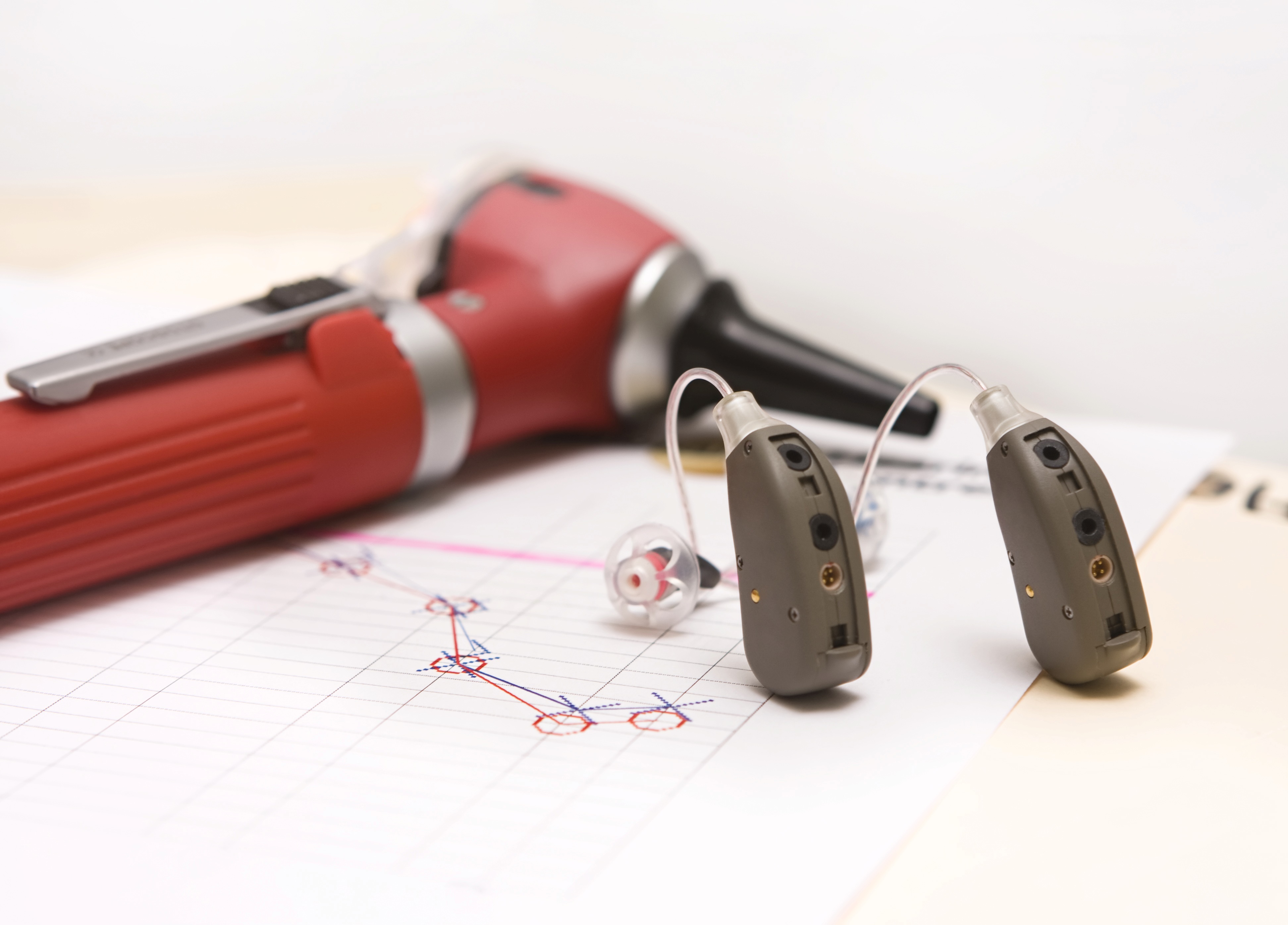
You have probably watched the advertisements. The ones pushing PSAPs, or personal sound amplification products, guaranteeing a boost to hearing for as little as 20 dollars. It appears to be a terrific deal—particularly when compared to the significant price tag of a hearing aid.
The reality is, it’s not so much a good deal as it is clever advertising. The commercials do their best to obscure some vital information while concentrating on carefully selected talking points.
But the question remains: why would you choose to spend more money on a hearing aid when less expensive PSAPs are available? Here are five good reasons.
1. PSAPs are not medical devices regulated by the FDA
Listen carefully to the PSAP commercials. You’ll hear all about “boosts” to hearing but never about treating hearing loss. The reason: PSAPs are not FDA-regulated medical devices and can not be used to treat any medical condition, including hearing loss. PSAPs are simply recreational devices intended to provide advantages to people who can already hear normally.
Using a PSAP to address hearing loss is like using a pair of reading glasses to treat near and far-sighted vision impairment. Hearing aids, on the contrary, are FDA-regulated medical devices that can appropriately treat hearing loss.
2. PSAPs are not programmable
Hearing aids may not look very impressive on the outside, but inside they contain state-of-the-art digital technology that can slice up, store, adjust, and regulate any kind of sound. Hearing aids can additionally create adjustments for pitch and volume so that amplification complements the client’s hearing loss precisely.
A PSAP, by comparison, is a one-size-fits-all electronic gadget that amplifies soft sounds. Since everyone’s hearing loss is a little different, PSAPs won’t amplify the correct frequencies. Rather, PSAPs will amplify all sound, causing distortion in noisy surroundings.
3. PSAPs can’t enhance speech recognition
Speech sounds are special in that they are primarily represented in the higher frequencies, specifically in comparison to background noise. Seeing that digital hearing aids can detect variations in sound frequency, hearing aids can amplify speech while suppressing background noise. PSAPs, generally speaking, are lacking this capability.
4. PSAPs might cost you more in the end
First of all, hearing loss is sometimes brought about by factors that do not require hearing amplification whatsoever. If, for example, earwax buildup is triggering your hearing loss, a simple professional cleaning can correct your hearing within a few minutes—and without a cent spent on any amplification devices.
Second, occasionally more significant medical ailments can cause hearing loss, so you’ll want a professional assessment to rule this out. Because you can purchase a PSAP without any communication with any healthcare specialists, you could be putting yourself in danger.
Third, if you do have noise-induced or age-related hearing loss, a PSAP will not function the way you would need it to. You’ll most likely invest in a hearing aid sooner or later anyway, so you might as well forego the extra expense of the PSAP.
And finally, compared with hearing aids, there is no mandatory trial period for PSAPs. If you buy one and it doesn’t get the job done, there’s no legal guarantee that you’ll recuperate your money.
5. PSAPs lack the functionality of a hearing aid
PSAPs, like we stated, are simple amplification devices stripped of any sophisticated functionality. Hearing aids, on the other hand, can enhance speech, minimize background noise, and adapt to different surroundings. Some hearing aid models can even stream phone calls and music wirelessly, and some can be regulated with smartphones and watches.
The choice is yours
PSAPs do have their uses. If you have normal hearing, PSAPs are perfect for things like bird watching and eavesdropping on conversations, if that’s your sort of thing.
But for hearing loss, don’t settle for less than you deserve. Your hearing, and the relationships that depend on it, are too important.